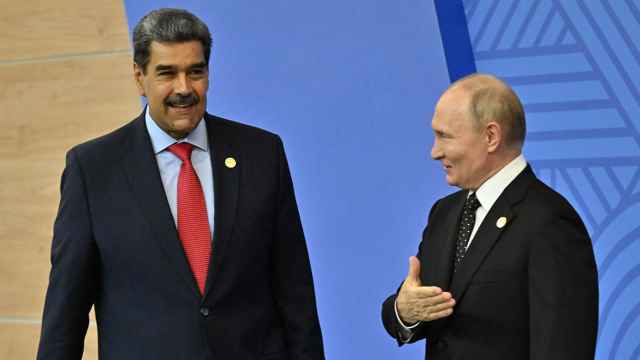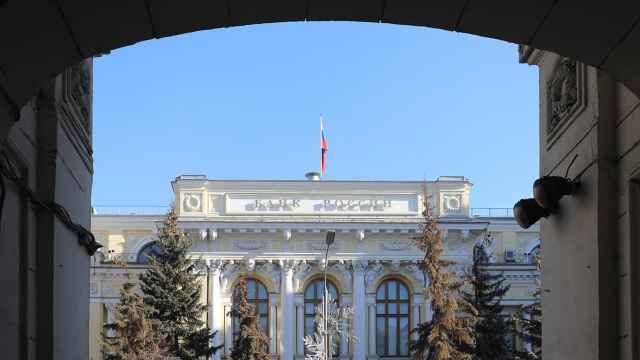ROME — Italian Industry Minister Paolo Romani said the South Stream, ITGI and Nabucco pipelines, designed to bring natural gas to Europe from Russia, the Caspian and Central Asia, are incompatible.
“Nabucco, South Stream and ITGI are incompatible, given European financing, and Europe, through an accord among the large nations, has to find a definitive accord,” Romani told reporters in Rome late last week.
The European Union has agreed to help fund the $10.7 billion Nabucco pipeline, planned to ship Caspian gas more than 3,300 kilometers via Turkey to Austria. The venture is competing with South Stream, a project headed by Gazprom and Italy’s Eni. Interconnector Turkey-Greece-Italy, or ITGI, led by Edison, Greek natural gas supplier Depa and Botas, is also vying for Caspian gas.
Nabucco, which has been bogged down by financing, pricing and politics, is aiming to get supplies from Iraq and the Caspian.
“We need more clarity on the strategy of the European Commission and, in particular, of Commissioner Günther Oettinger," Romani said.
Suggestions that the Nabucco and South Stream pipelines could merge were rejected by the EU’s executive body earlier this month. Both the Nabucco and South Stream routes avoid Ukraine, with the EU project going through Turkey, Bulgaria, Romania, Hungary and Austria, and South Stream running under the Black Sea from the Russian to the Bulgarian coast.
The EU is seeking to diversify its sources of energy after price disputes between Gazprom and Ukraine, the Moscow-based gas exporter’s main transportation route, disrupted supplies in 2006 and 2009. The bloc relies on Gazprom for about a quarter of its gas, of which 80 percent is shipped via Ukraine.
Meanwhile, Bulgaria will borrow $1.63 billion from the European Investment Bank for guarantees to the Nabucco natural gas pipeline project, Prime Minister Boyko Borissov said in Sofia on Friday.
The venture’s shareholders — which include Germany’s RWE, Vienna-based OMV, Budapest-based Mol Nyrt., Bulgargaz, Romania’s Transgaz Medias and Ankara-based Botas — plan to provide 30 percent of the financing for the pipeline themselves, with the rest from loans.
“We have ensured the financing for the Nabucco project,” Borissov told reporters in Sofia after meeting European Investment Bank president Philippe Maystadt. “We’ve arranged to take the money from the EIB once our partners in the project reach the stage of payment of guarantees.”
Nabucco said Sept. 6 that it may get as much as $5.4 billion in loans from the World Bank, the European Bank for Reconstruction and Development and the European Investment Bank. The European Union has pledged to give $270 million to the pipeline.
The Nabucco pipeline venture aims to conclude all financing and construction contracts by the end of 2011, the company said in November. Operations are due to start in 2015.
A Message from The Moscow Times:
Dear readers,
We are facing unprecedented challenges. Russia's Prosecutor General's Office has designated The Moscow Times as an "undesirable" organization, criminalizing our work and putting our staff at risk of prosecution. This follows our earlier unjust labeling as a "foreign agent."
These actions are direct attempts to silence independent journalism in Russia. The authorities claim our work "discredits the decisions of the Russian leadership." We see things differently: we strive to provide accurate, unbiased reporting on Russia.
We, the journalists of The Moscow Times, refuse to be silenced. But to continue our work, we need your help.
Your support, no matter how small, makes a world of difference. If you can, please support us monthly starting from just $2. It's quick to set up, and every contribution makes a significant impact.
By supporting The Moscow Times, you're defending open, independent journalism in the face of repression. Thank you for standing with us.
Remind me later.





